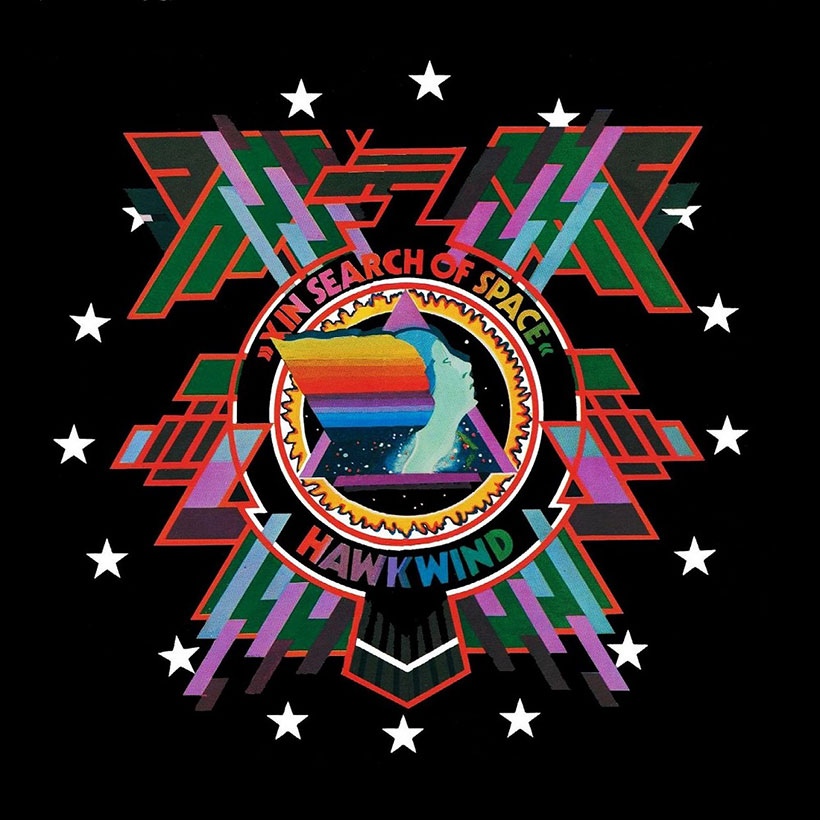In the Los Angeles Review of Books, Rob Latham reviews two recent books that explore the intimate relationship between rock music and the realm of the fantastic: David Bowie, Pop Music, and the Decade Sci-Fi Exploded by Jason Heller, and We Sold Our Souls by Grady Hendrix, “a horror novel about heavy metal.” As Latham explains, literary and filmic genres like sci-fi, fantasy, and horror have provided themes, imagery, and inspiration to rock musicians for decades, especially in the 1970s. This cross-pollination is so rich that rock music could be considered a fantasy genre itself. Here’s an excerpt from the review:
As Jason Heller details in his new book Strange Stars: David Bowie, Pop Music, and the Decade Sci-Fi Exploded , the magic carpet rides of the youth counterculture encompassed both the amorphous yearnings of acid rock and the hard-edged visions of science fiction. In Heller’s account, virtually all the major rock icons — from Jimi Hendrix to David Crosby, from Pete Townshend to Ian Curtis — were avid SF fans; not only was their music strongly influenced by Heinlein, Clarke, Ballard, and other authors, but it also amounted to a significant body of popular SF in its own right. As Heller shows, many rock stars were aspiring SF writers, while established authors in the field sometimes wrote lyrics for popular bands, and a few became rockers themselves. British fantasist Michael Moorcock, for example, fronted an outfit called The Deep Fix while also penning songs for — and performing with — the space-rock group Hawkwind (once memorably described, by Motörhead’s Lemmy Kilmister, as “Star Trek with long hair and drugs”).
Heller’s book focuses on the “explosion” of SF music during the 1970s, with chapters chronicling, year by year, the exhilarating debut of fresh music subcultures — prog rock, glam rock, Krautrock, disco — and their saturation with themes of space/time travel, alien visitation, and futuristic (d)evolution. He writes, “’70s pop culture forged a special interface with the future.” Many of its key songs and albums “didn’t just contain sci-fi lyrics,” but they were “reflection[s] of sci-fi” themselves, “full of futuristic tones and the innovative manipulation of studio gadgetry” — such as the vocoder, with its robotic simulacrum of the human voice. Heller’s discussion moves from the hallucinatory utopianism of the late 1960s to the “cool, plastic futurism” of the early 1980s with intelligence and panache.
Image: Cover of the 1971 album In Search of Space by the UK space-rock band Hawkwind. Via udiscovermusic.com.
